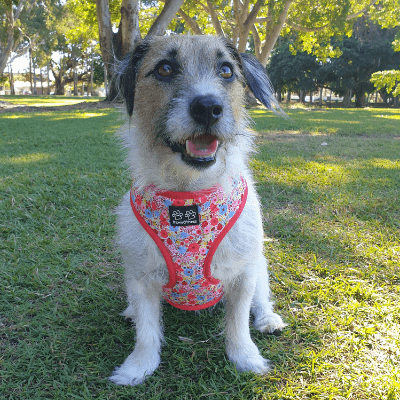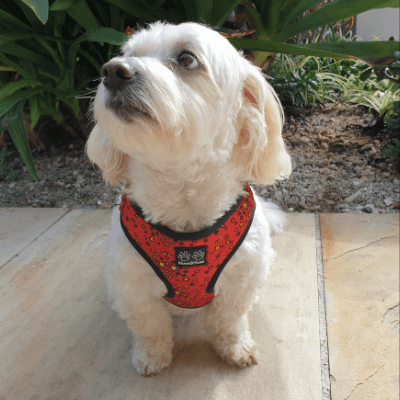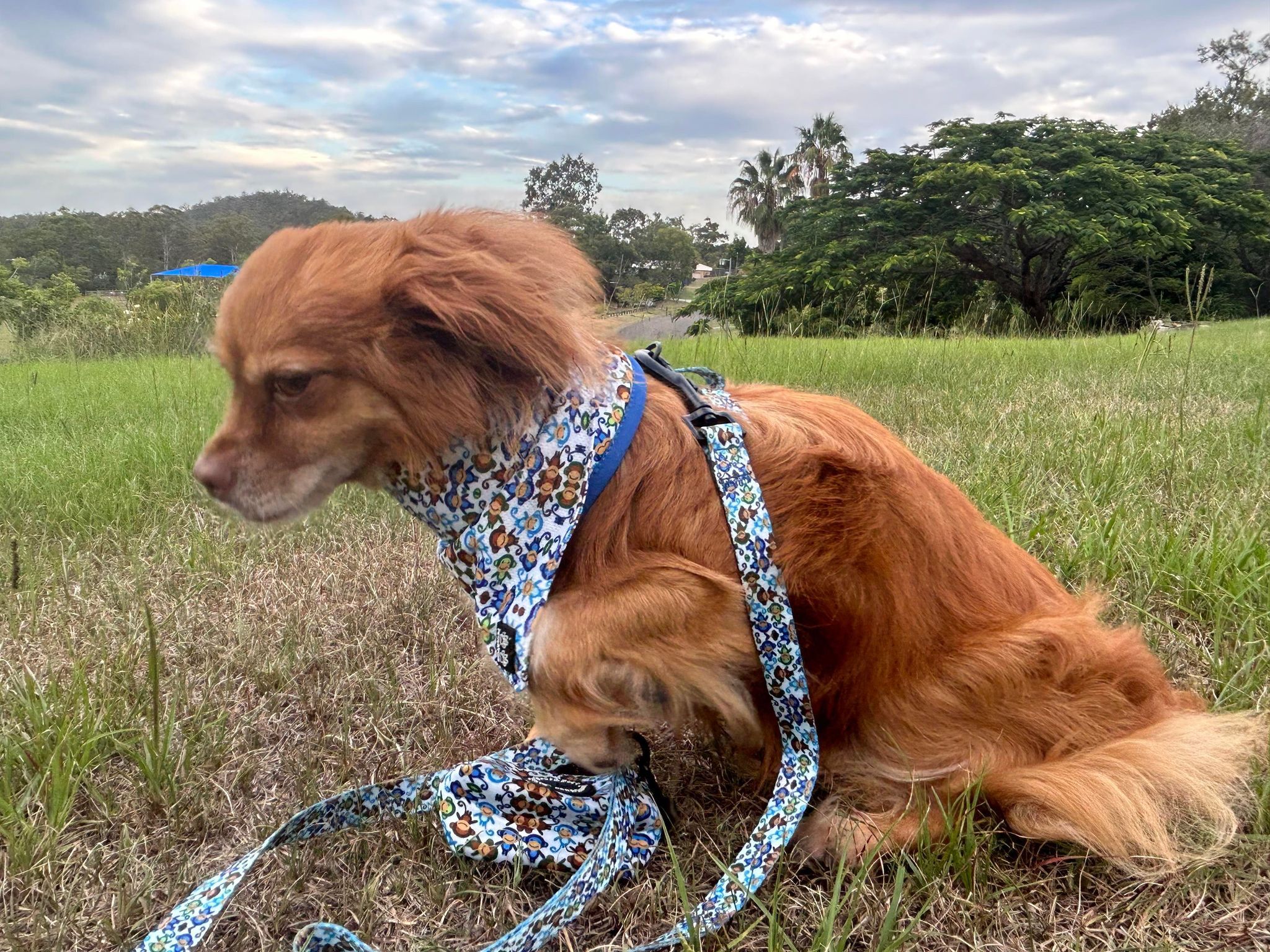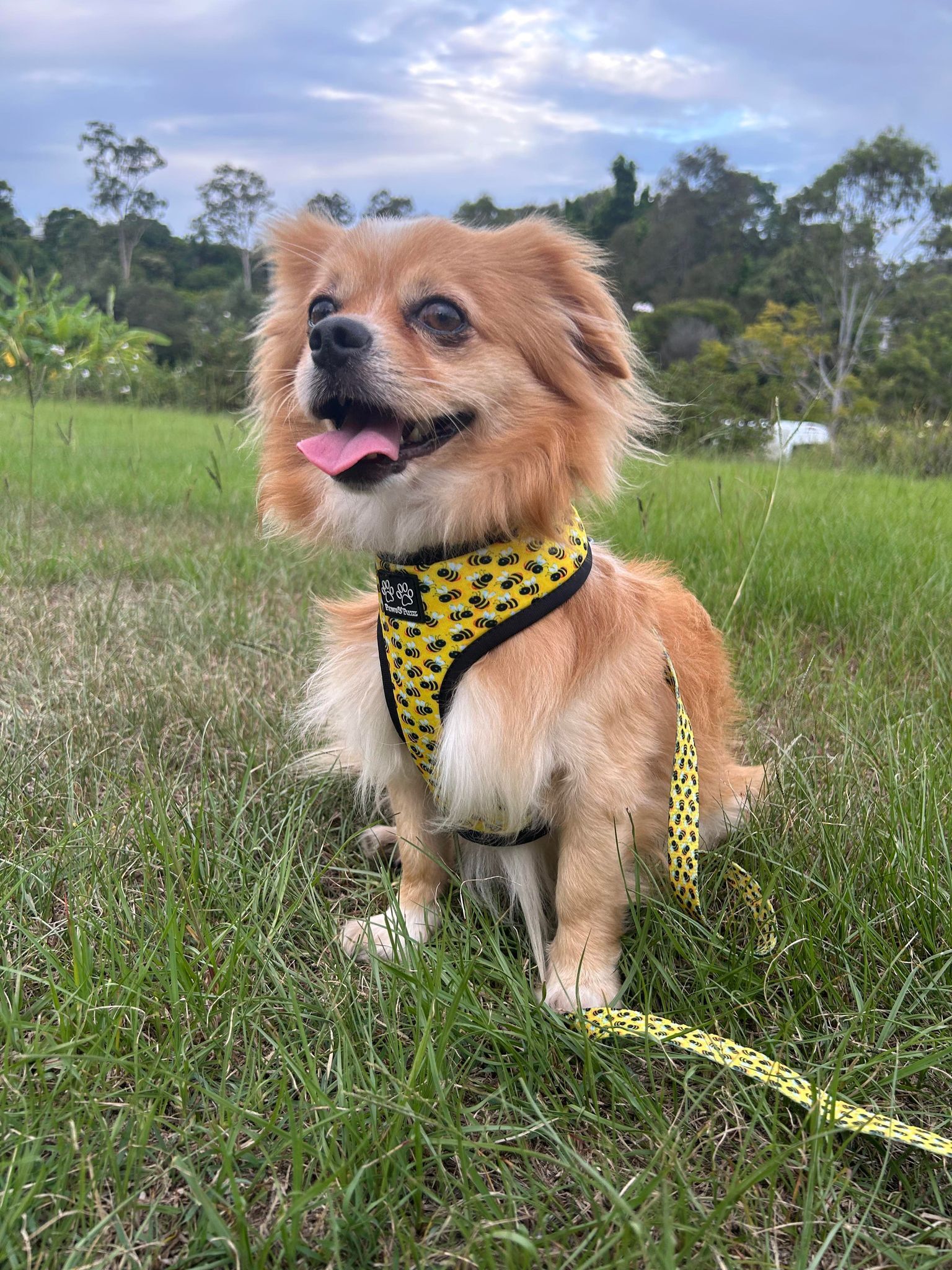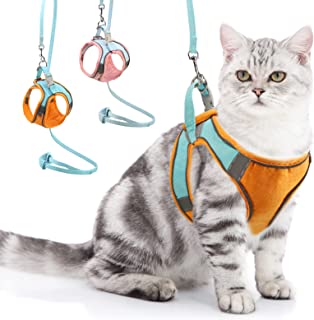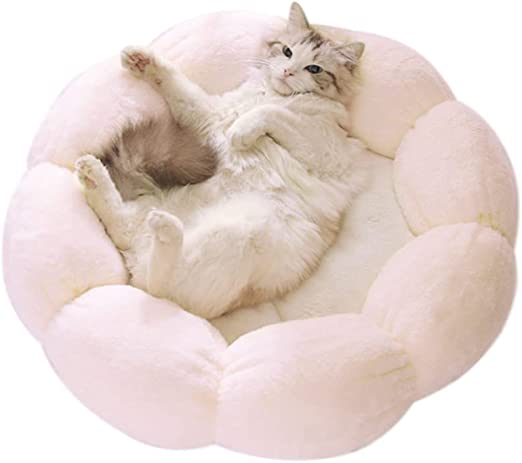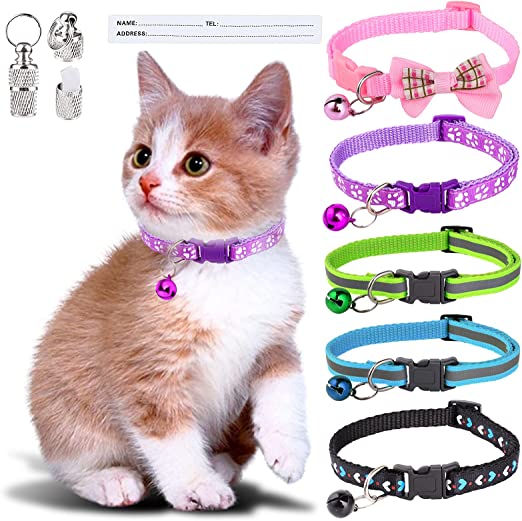PETBLOG
Parvovirus in Dogs: Symptoms, Prevention, and Treatment
Introduction
Parvovirus, also known as canine parvovirus, is a highly contagious viral disease that can affect dogs of all ages, but is most commonly found in puppies. The virus can survive in the environment for months, making it extremely difficult to control. It attacks rapidly dividing cells in the body, particularly those in the intestinal tract, leading to severe diarrhea, vomiting, and dehydration. In severe cases, it can also affect the heart muscle, leading to sudden death. In this article, we will highlight the main symptoms of Parvovirus, provide tips on how to prevent it, and offer a conclusion on how to manage this dangerous disease..
Symptoms of Parvovirus
The most common symptoms of Parvovirus are:
- Severe diarrhea – often bloody and foul-smelling
- Vomiting – often severe and frequent
- Loss of appetite – refusing to eat or drink
- Lethargy – weakness and depression
- Dehydration – sunken eyes, dry mouth, and lethargy
If your dog exhibits any of these symptoms, you should seek immediate veterinary attention. Early diagnosis and treatment are crucial in managing the disease and improving the chances of recovery.
Upgrade your furry friend’s walks today with our comfortable and secure dog harness!
Classic Harness + Lead
Classic Harness + Lead
Adjustable Harness + Lead
Adjustable Harness + Lead
Prevention
- Preventing Parvovirus is crucial, as the disease is highly contagious and can spread quickly. Here are some P&F tips to prevent the disease:
- Vaccination – The most effective way to prevent Parvovirus is through vaccination. Puppies should receive their first vaccination at 6-8 weeks of age, followed by booster shots every 3-4 weeks until they are 16-20 weeks old. Adult dogs should receive an annual booster shot to maintain their immunity.
- Avoid high-risk areas – The virus can survive in the environment for months, so it’s important to avoid areas where dogs may have been infected. This includes dog parks, kennels, and areas where stray dogs may have access.
- Practice good hygiene – Regular cleaning and disinfection of your dog’s toys, bedding, and food and water bowls can help reduce the risk of infection.
- Isolation – If you suspect that your dog has been exposed to Parvovirus, isolate them immediately from other dogs and seek veterinary attention.
P&F Tips:
-
Follow your veterinarian’s instructions: Your veterinarian will provide specific instructions on how to care for your dog, including medications, dietary restrictions, and hygiene practices. Follow their advice closely to help your dog recover.
-
Isolate your dog: Parvovirus is highly contagious, so keep your dog isolated from other dogs and animals to prevent the spread of the virus.
-
Keep your dog hydrated: Parvovirus can cause severe dehydration, so it’s crucial to keep your dog hydrated. Offer small amounts of water frequently or use electrolyte solutions recommended by your veterinarian.
-
Monitor your dog’s symptoms: Keep an eye on your dog’s symptoms and report any changes or concerns to your veterinarian. Signs of improvement can include an increase in appetite and energy levels.
-
Clean and disinfect: Clean and disinfect any areas where your dog has been, including bedding, toys, and bowls, to prevent the spread of the virus. Use a bleach solution recommended by your veterinarian to effectively kill the virus.
Conclusion
Parvovirus is a serious disease that can have devastating consequences for your furry friend. Prevention is the best course of action, and P&F tips such as vaccination, avoiding high-risk areas, practicing good hygiene, and isolation are essential in reducing the risk of infection. If you suspect that your dog has been exposed to Parvovirus, seek immediate veterinary attention. With early diagnosis and treatment, the chances of recovery increase significantly.
Disclaimer: All information provided on pawsandfuzz.com, including pet articles and other articles, is for educational purposes only and should not be construed as advice or recommendations. Our goal is to provide accurate and up-to-date information, but we cannot guarantee that the information is 100% accurate. For advice or recommendations regarding their specific situation, the reader should always consult a professional or expert in the field. pawsandfuzz.com and the pet articles published on the website are not liable for any loss or injury arising from their use or reliance. Remember to always consult with a licensed veterinarian before administering any medications or treatments to your pet and to follow the manufacturer’s instructions when using any pet care products.
Unleash your pup’s cuteness with our comfy and cute dog harness today
Adjustable Harness
Leashes
Classic Harness + Lead
Collars

